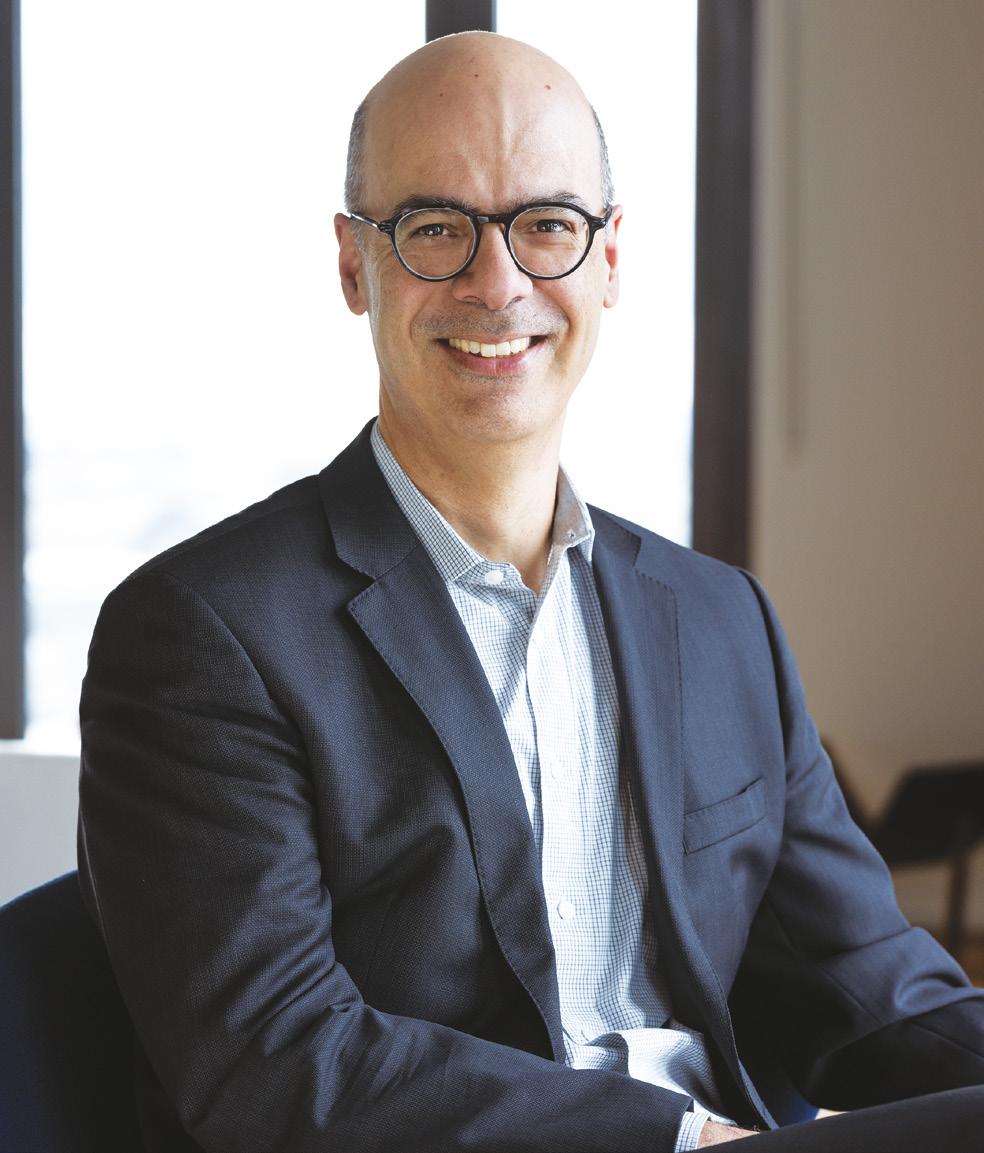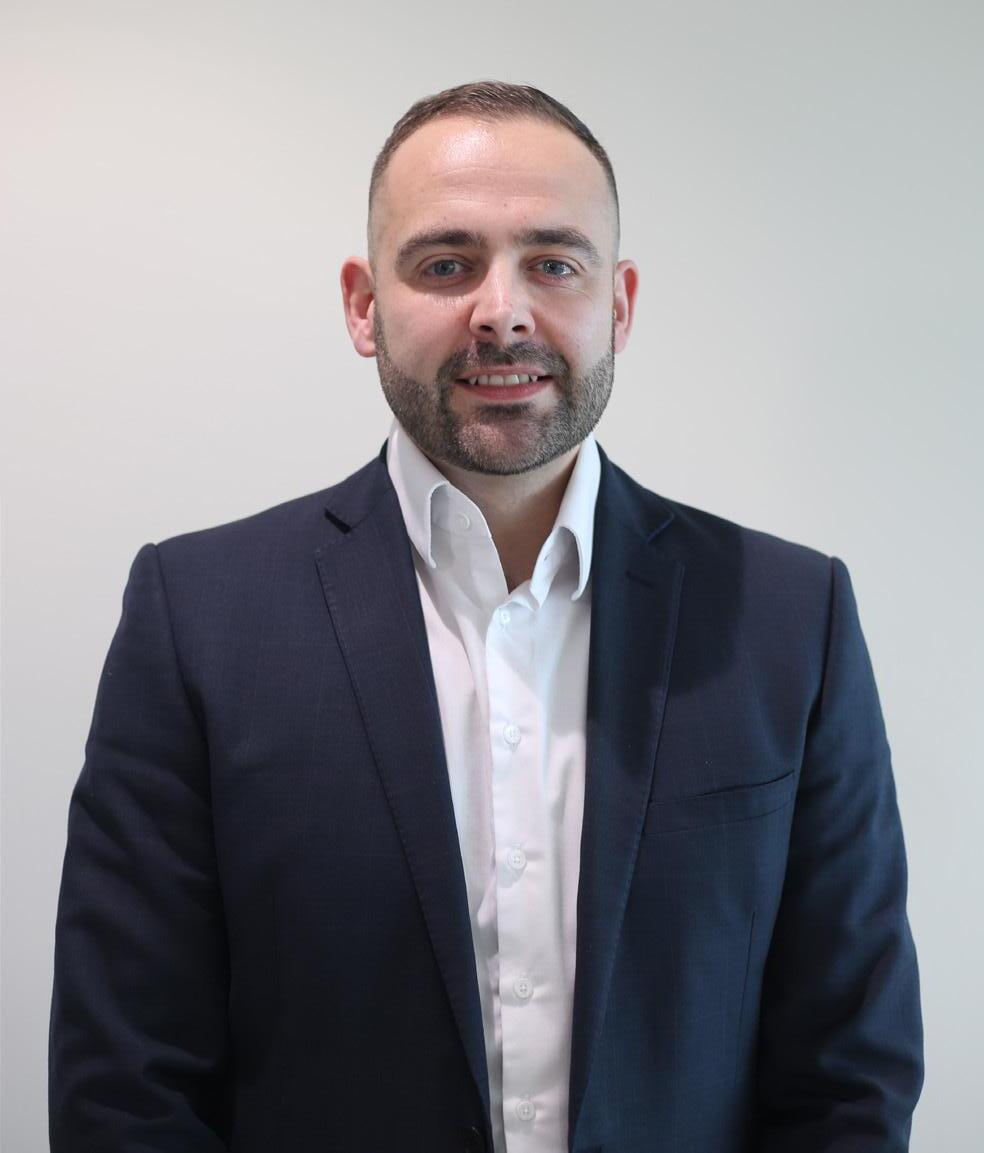Leading multi-line insurer Zurich Insurance Group (Zurich) serves people and businesses in more than
200 countries and territories.
ounded 150 years ago, Zurich is transforming insurance. The Group has about 60,000 employees and is headquartered in Zurich, Switzerland. In addition to providing insurance protection, Zurich is increasingly offering prevention services such as those that promote wellbeing and enhance climate resilience.
Reflecting its purpose to ‘create a brighter future together,’ Zurich aspires to be one of the most responsible and impactful businesses in the world. It is targeting net-zero emissions by 2050 and has the highest ESG rating from MSCI.
In 2020, Zurich launched the Zurich Forest project to support reforestation and biodiversity restoration in Brazil.
One of the ways Zurich strives for sustainability as a company is through its procurement strategy. Here to tell us more about Zurich’s approach are Jaime Paiva, Head of Procurement and Vendor Management EMEA and Chris Minter, Sustainable Sourcing Lead.
Jaime has been with Zurich for 12 years and heads up the procurement department in the EMEA region. Chris works in the same team as Jaime, focusing

4


specifically on sustainability within a supply chain context.
So how is Zurich pioneering sustainable procurement and sourcing in its operations?
“As a large global company, we have an obligation to act responsibly and actively manage the ESG risks that we have in our supply chain,” begins Chris. “But we also aim to go beyond that and create positive environmental and social impacts, acting as a force for good in our operations. Our organisation has the ambition to be one of the world's most responsible, impactful businesses. The only way we can realistically achieve this ambition is if every function within our organisation implements or integrates sustainability considerations into the way that they run their relevant functions or business units, and that extends to our supply chain.”
While Zurich faces fewer risks in its supply chain than say manufacturing or production companies where there might be more environmental, legal or human rights factors, Chris emphasises that issues can still arise and it’s important to have measures in place because of this.
“Working with Prewave enables about what's happening with we have many suppliers around helps us monitor them in a keeping us on the front foot
Here, Zurich deploys technological innovation to support its supply chain strategy.
“We want to be proactive with managing these risks and this is where Prewave comes in, by providing us with their AI risk intelligence platform,” says Chris. “Prewave helps Zurich to proactively monitor its supply chain using an AI algorithm. This profiles

6
enables us to keep informed with our suppliers because around Zurich and Prewave a resource-effective way, foot if there are issues arising”
news sites, NGO reports and social media looking for potential events that are either being reported or are being suggested could happen in the future – bringing those to our attention.
“So for example, if a supplier is identified by a government entity for human rights issues in a factory or if a trade union reports issues with
their workers in a particular place, we would be proactively notified about it on an almost real-time basis.
“Working with Prewave enables us to keep informed about what's happening with our suppliers because we have many suppliers around Zurich and Prewave helps us monitor them in a resource-effective way, keeping us on the front foot if there are issues arising.
“With their platform operating in the background, digesting content in multiple languages across the internet but localising this for the user’s native language, we have confidence that if there's something that we should know about, that we do. This enables us to take proactive steps with the supplier, so we can tackle and mitigate risks accordingly.”
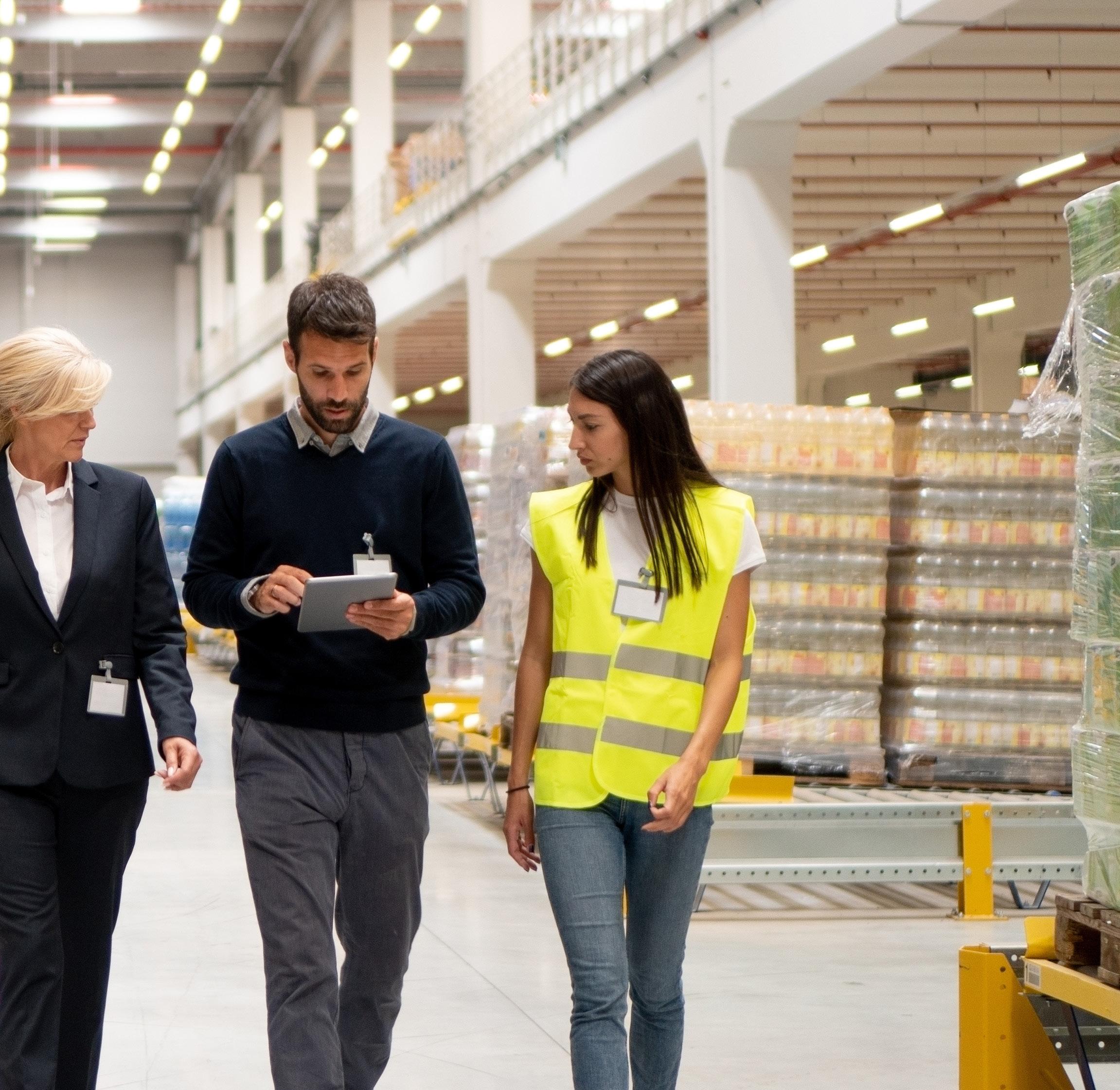
From a user perspective, Jaime lauds the Prewave platform, emphasising its intuitive user experience.
“I have a list of companies that we work with, that I asked Prewave to put on their radar and notify me about,” shares
Jaime. “If issues or notifications arrive, their technology has a way of removing the noise. All the hits that they get
7



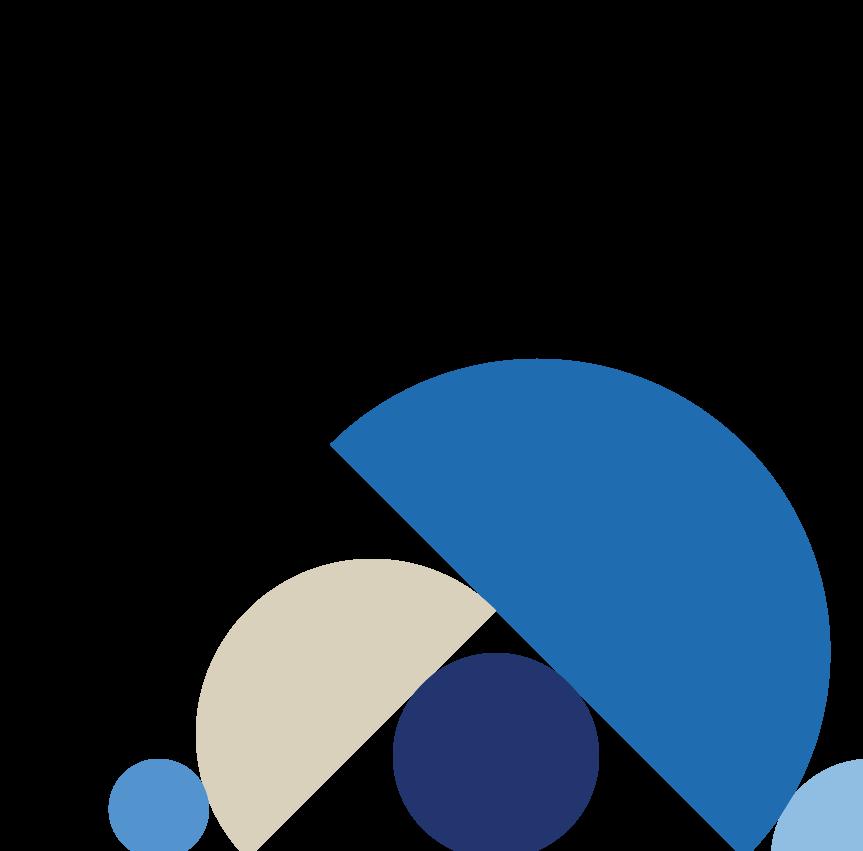 Chris Minter, Sustainable Sourcing Lead
Chris Minter, Sustainable Sourcing Lead

and report back to us are relevant and helpful. Otherwise, my inbox would be bombarded. To me, this is what differentiates them from competitors or similar solution providers.”
Chris explains how embedding Zurich’s core values throughout the entire sourcing lifecycle is the foundation for how the procurement function operates at the company.

“Our Supplier Code of Conduct contains a set of expectations that we set for our suppliers globally. Those expectations are based upon practices at Zurich that we've implemented in our own operations or align with the ambitions that we've set”
Chris Minter, Sustainable Sourcing Lead
“The primary way we do this is through our Supplier Code of Conduct,” says Chris. “It contains a set of expectations that we set for our suppliers globally. Those expectations are based upon practices at Zurich that we've implemented in our own operations or align with the ambitions that we've set. We're establishing expectations for our suppliers based upon things that we believe in and look to our suppliers through the lens of the standards that we set for ourselves.
“We provide online training for our suppliers through our website with videos explaining our Supplier Code of Conduct, and we also offer self-assessments to determine whether they meet these standards. For suppliers that don't meet our expectations, we provide additional free resources, training and tools to help them meet these standards.
“For example, we offer free access to the Normative Business Carbon Calculator via our website and a blueprint that guides companies on how they can reduce their carbon footprint. We also provide a template human rights statement for companies to adopt if they lack a clear human rights standard that meets our position. Our approach is to use
11
Read the Supplier Code of Conduct here
>
our influence to nudge suppliers towards driving up standards and taking responsibility for their own sustainability.”
Building on Chris’s description of Zurich’s Supplier Code of Conduct, Jaime adds that sustainable sourcing and supply chain strategies at Zurich are being deployed to meet broader business goals.
“We have moved on from the beginning where the principle was ‘do no harm,’ to where we are today, which is aiming at proactively doing good,” says Jaime. “We must set the bar high because by aiming high we inspire and encourage our supply chain to join us on the journey towards making positive impacts. The journey is far from complete, but we are making strides towards it every single day.”
At Zurich, sustainability is more than an environmental responsibility, it extends to social impact as well. Zurich embraces
its global leadership position to help develop commercial relationships between corporate organisations and social enterprises to generate positive social impacts.
The World Economic Forum defines social enterprises as “profitgenerating organisations that apply commercial strategies and innovative approaches to social challenges. Social entrepreneurs centre their business models on achieving social and environmental goals, emphasizing impact over profit maximisation.”
“Our social procurement initiative is one of the pillars of our sustainable sourcing programme,” says Jaime. “Addressing the ‘S’ in the ESG puzzle started in 2016 in the UK. That year we joined the Social Enterprise UK (SEUK) as one of the five founding members of their Buy Social Corporate Challenge, which continues to exist today. In the challenge’s year seven impact report, we were one of the 30 companies joining the challenge ourselves. In the first seven years since the Buy
“Zurich embraces its global leadership position to help develop commercial relationships between corporate organisations and social enterprises to generate positive social impacts”
12
Social Corporate Challenge began, we had collectively spent over £300m with social enterprises.
“In 2019, we decided to expand the experience based on the results from the UK to other countries, together with three or four other companies that were part of the Buy Social Corporate Challenge. We asked the SEUK team to coordinate the efforts across other countries in Europe, namely Ireland, Germany, Switzerland and the Netherlands, expanding our internal social procurement initiative. Since then we have rolled out the agenda in Brazil and Spain.
“The expansion led SEUK to launch a new venture named Telos, which aims to support large corporates to identify and source from social enterprises across EMEA through the Buy Social Europe programme.
“This, for example, has been an ongoing, innovative activity differentiating the procurement function in Zurich from other companies. We have been not only focusing on expanding the work


with social enterprises, be it as a direct or Tier 2 supplier, but also on building capabilities internally.
“For instance last year, we rolled out a dedicated training programme internally, which was developed for Zurich by a company called the Yunus Social Business based in Germany. Together we coordinated a virtual cohort with people from different parts of the globe, not only for the procurement side of Zurich but also people from other functions
Chris emphasises that Zurich’s journey of working with more social enterprises and refining its internal approach to them started in areas of low strategic importance and has since grown from there.
“We started off with stationery: pens, pencils, paper and post-it notes,” explains Chris. “A great social enterprise we partnered with in the beginning was WildHearts Group. In the UK, we selected WildHearts as a competitive stationery provider
“From an anecdotal perspective, we have seen that working with social enterprises and generating positive social impact more broadly resonates deeply with our colleagues”
Jaime Paiva, Head of Procurement and Vendor Management, EMEA
of the business. The intention was to deploy a training programme called Social Procurement Ambassadors. We wanted to have more people across the business knowledgeable about the impact that we can drive through procurement, predominantly, but also with our supplier base. The training means our Social Procurement Ambassadors can create or acquire relevant knowledge in their regions, with access to tools to develop local strategies because this endeavour needs to be localised to a certain extent as well.”
operationally and commercially, following a competitive tender process. WildHearts divert all of its profits to fund social impact projects such as microfinancing in Africa, particularly among women running businesses in local communities at the grassroots level.
“Zurich’s social enterprise work started by replacing a stationery supplier and it's grown from there. We were able to use WildHearts as a test business case to demonstrate that there's no

14
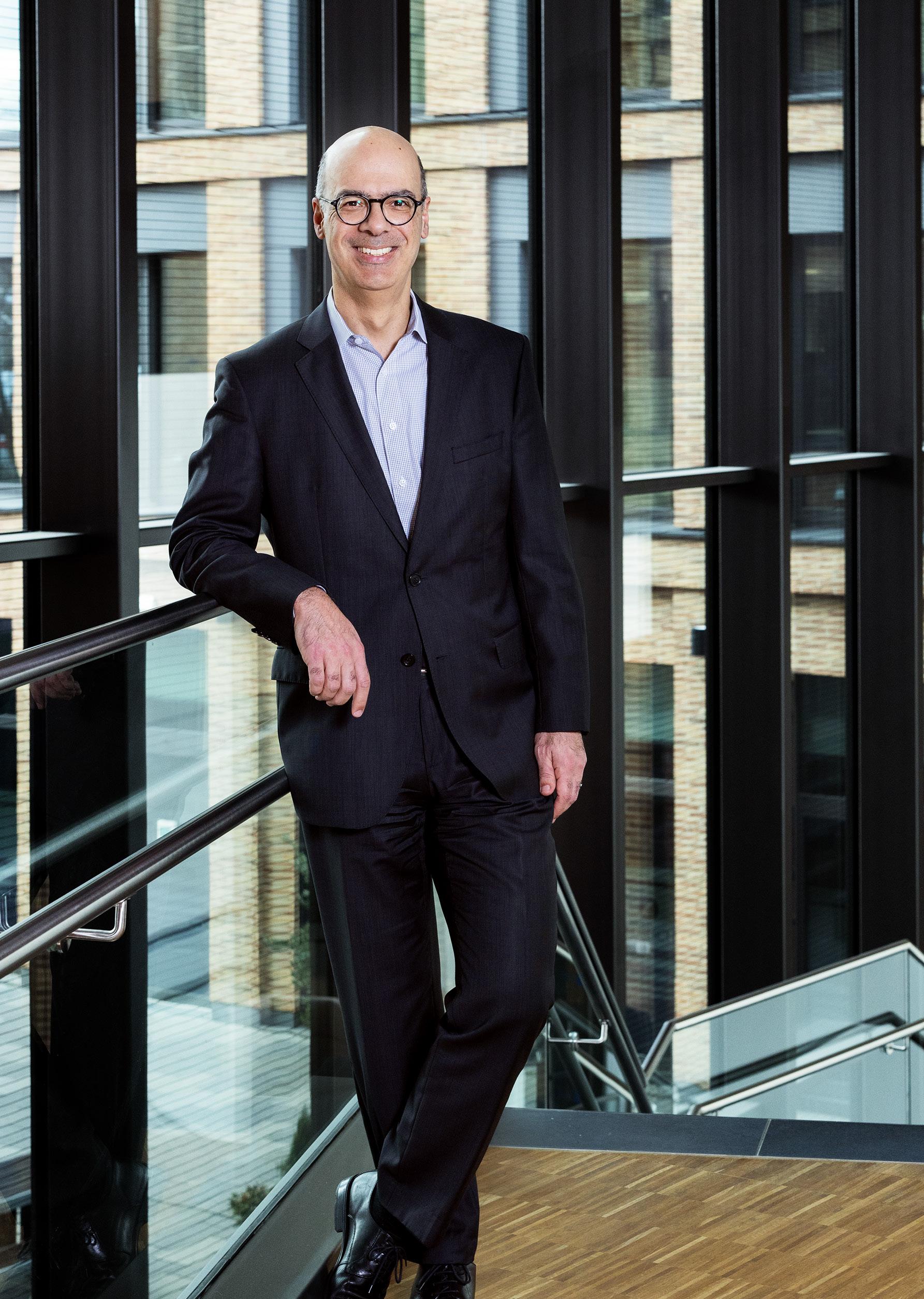
 Jaime Paiva, Head of Procurement and Vendor Management, EMEA
Jaime Paiva, Head of Procurement and Vendor Management, EMEA


sacrifice on cost or quality and the process offers the added benefit of generating positive social impact as well.
“The data and insights from SEUK are clear: social enterprises generally have a very diverse ownership. Their stats demonstrate that typically, the diversity of social enterprises is much greater than regular businesses. As such Zurich’s work with social enterprises not only helps generate positive environmental and social impacts, but it also helps promote diversity in the business community as well,” summarises Chris.
Jaime highlights how the collaboration with WildHearts demonstrates how a

seemingly tactical or non-strategic project can evolve into a businesswide precedent, but also enrich the company culture in the process.
“From an anecdotal perspective, we have seen that working with social enterprises and generating positive social impact more broadly resonates deeply with our colleagues,” says Jaime. “The level of engagement that we have seen in our procurement team has expanded to the whole organisation. When we clearly show our people how their work can create a social impact beyond their targets or roles, we cultivate a human connection which elevates the whole endeavour.”
17
Since Zurich began its work with social enterprises in 2016 and published its Supplier Code of Conduct in 2021, in the past three years the company now proudly spends the majority of its managed procurement spend with suppliers that meet or exceed the key expectations of its Supplier Code of Conduct.
“Publishing our Supplier Code of Conduct was a major global milestone for us,” says Chris.
ILUNION is a unique model. A business and social model, the origin of which is to be found in the ONCE Social Group. It is an organisation that grows its over 20 lines of business each day while generating quality employment for people with a disability.
“Since we published it, we've been able to demonstrate via supplier self-assessments that our procurement spending is mostly with suppliers that meet or exceed those standards, and I believe that is down to various proactive steps that we've taken. For example, we've examples where suppliers with higher sustainability attributes have been prioritised in our sourcing decisions, and we've also been proactive in providing tools and resources to our suppliers
Social Enterprises

Business is a leading organisation that companies to integrate impact through We can help you impact strategy, train procurement managers on procurement, and develop will benefit your society.
Agfoodtech of the circular green microeconomy of the regenerative agriculture chain. We transform the Future of Green Cities. Nonlinear chain and sustainable lifestyle platform, implementing the Eco Village concept in cities with technology and data.

WildHearts Office is a world-leading social enterprise, supplying print and office supplies. We use all profits to deliver social and environmental impact projects locally and globally. To date, we have transformed over 2 million lives.
19




“As an organisation, we're incredibly proud to talk about our work and the external recognition we have received”
provide information about how they integrate climate change into their respective businesses. It’s a transparent survey process which we participate in voluntarily. Because of the approach that we've taken with supplier engagement, having targets, being proactive on sustainability and providing resources and tools to minimise their impact, we earned CDP Supply Chain Leadership status. That put us in the top 8% of companies globally for our supply chain engagement strategies and we are one of only six insurance companies to secure this status.
“In 2023 we were also acknowledged with platinum status from the Catalyst Business Commitment for our social procurement efforts, which recognises that we've taken significant steps to promote opportunities for social enterprises in many different countries, not just the UK where it's maybe most
well-known, but in other markets as well.”
Jaime reiterates that the platinum status recognition from Catalyst Business Commitment is not an award, Zurich had to document and prove their credentials to secure the certification for this prominent acknowledgement.
“As an insurance company, if you look at the ESG risks that our supply chain presents, compared to other companies and sectors it's rather low,” says Chris. “But we haven't let that stop us and we've taken real proactive steps to address these topics. As an organisation, we're incredibly proud to talk about our work and the external recognition we have received.”
For more information about Zurich, visit zurich.com.
Turn over for 'ADDED VALUE' with Jaime and Chris.
21
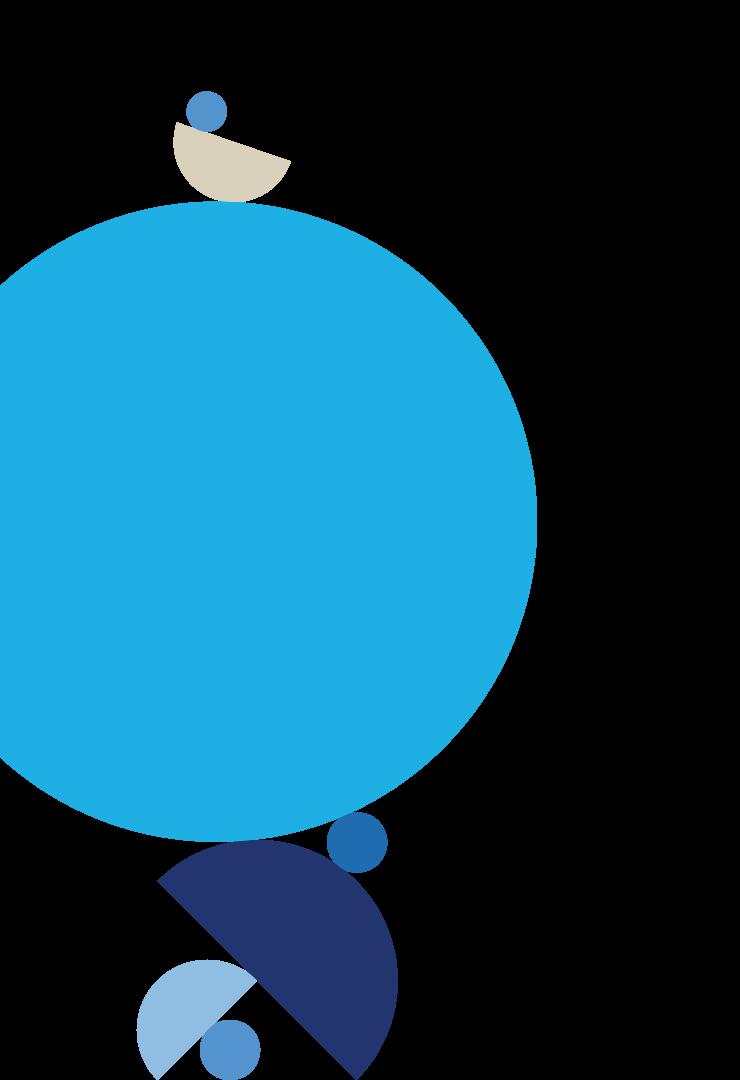













 Chris Minter, Sustainable Sourcing Lead
Chris Minter, Sustainable Sourcing Lead






 Jaime Paiva, Head of Procurement and Vendor Management, EMEA
Jaime Paiva, Head of Procurement and Vendor Management, EMEA











